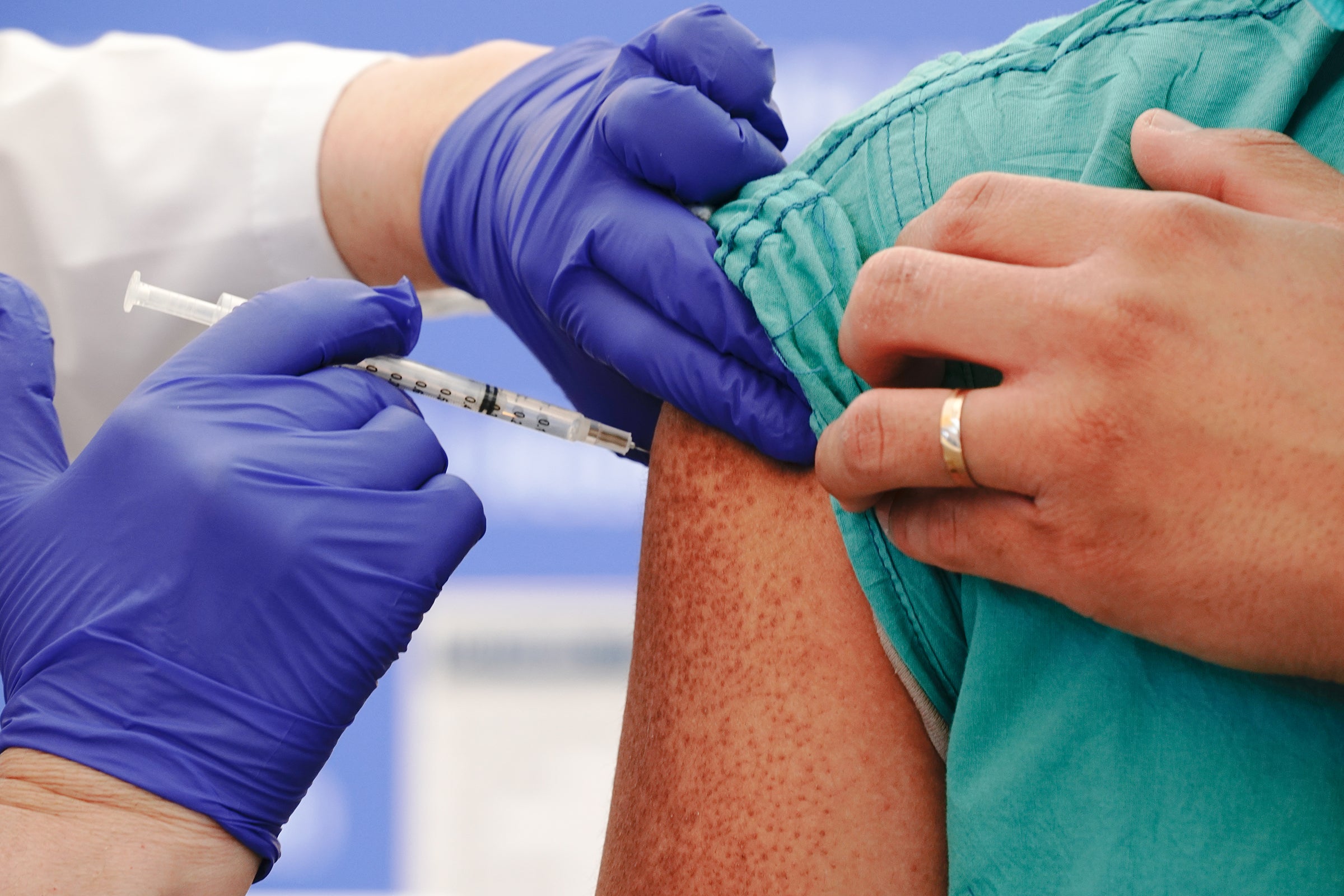
The BMJ (a weekly peer-reviewed medical trade journal, published by the British Medical Association) has locked horns with Facebook and the gatekeepers of international fact-checking after one of its investigations was wrongly labeled with “missing context” and censored on the world’s largest social network.
Published on November 2, 2021, the investigation reported poor clinical trial research practices at Ventavia, a contract research company helping carry out the main Pfizer covid-19 vaccine trial. But readers soon began reporting problems when trying to share the article and were directed to a “fact check” by a Facebook contractor named Lead Stories.
Over the past two months The BMJ’s editorial staff have been navigating the opaque appeals process without success, and still today its investigation remains obscured on Facebook.
In December The BMJ wrote to Mark Zuckerberg, chief executive of Facebook’s parent company Meta, asking the company to review the warning placed on The BMJ‘s investigation and to review the processes that led to the warning being added and to reconsider the company’s overall approach to fact-checking.
After Meta refused to intervene, The BMJ now plans to appeal to Facebook’s Oversight Board, an independent panel that can decide whether Facebook should allow or remove specific content.
It was this panel that upheld the decision to ban former US president, Donald Trump, from posting on Facebook and Instagram after the storming of the Capitol Building in Washington, DC, in which five people died. [Four Trump supporters died, including Ashli Babbitt, an unarmed Air Force veteran who was shot and killed by Capitol Police officer Lt. Michael Byrd. USCP Officer Brian Sicknick died after suffering two strokes later, and District of Columbia Chief Medical Examiner Francisco J. Diaz ruled he died of natural causes. -ed]
The BMJ has also submitted a complaint to the International Fact-Checking Network (IFCN) that sets quality standards for fact-checking organizations and creates a verified list of companies that meet these standards, including Lead Stories.
Despite not identifying anything false or inaccurate in The BMJ’s investigation, Lead Stories has declined to remove its article. It has also questioned the credibility of both the investigation’s author and the former Ventavia employee on whose evidence it is based.
The BMJ’s head of journalism Rebecca Coombes and investigations editor Madlen Davies says the experience has highlighted serious concerns about the “fact-checking” being undertaken by third-party providers on behalf of Facebook, specifically the lack of accountability and oversight of their actions, and the resulting censorship of information.
Gary Schwitzer at the University of Minnesota’s School of Public Health, said the processes by which Facebook decided which content to send for fact-checking, and the contractors’ systems for deciding which pieces they reviewed, were not transparent or consistent enough.
Jillian York at the Electronic Frontier Foundation, a non-profit organization that promotes civil liberties in the digital world, does see a role for fact-checking and thinks it’s far superior to the alternative – which is Facebook just taking down content – but she said “I still worry about the effect that it can have on legitimate sources.”
Kamran Abbasi, The BMJ’s editor in chief, said, “We should all be very worried that Facebook, a multibillion-dollar company, is effectively censoring fully fact-checked journalism that is raising legitimate concerns about the conduct of clinical trials.”
He adds: “Facebook’s actions won’t stop The BMJ doing what is right, but the real question is: why is Facebook acting in this way? What is driving its world view? Is it ideology? Is it commercial interests? Is it incompetence? Users should be worried that, despite presenting itself as a neutral social media platform, Facebook is trying to control how people think under the guise of ‘fact-checking.’”
Note: This article have been indexed to our site. We do not claim legitimacy, ownership or copyright of any of the content above. To see the article at original source Click Here













